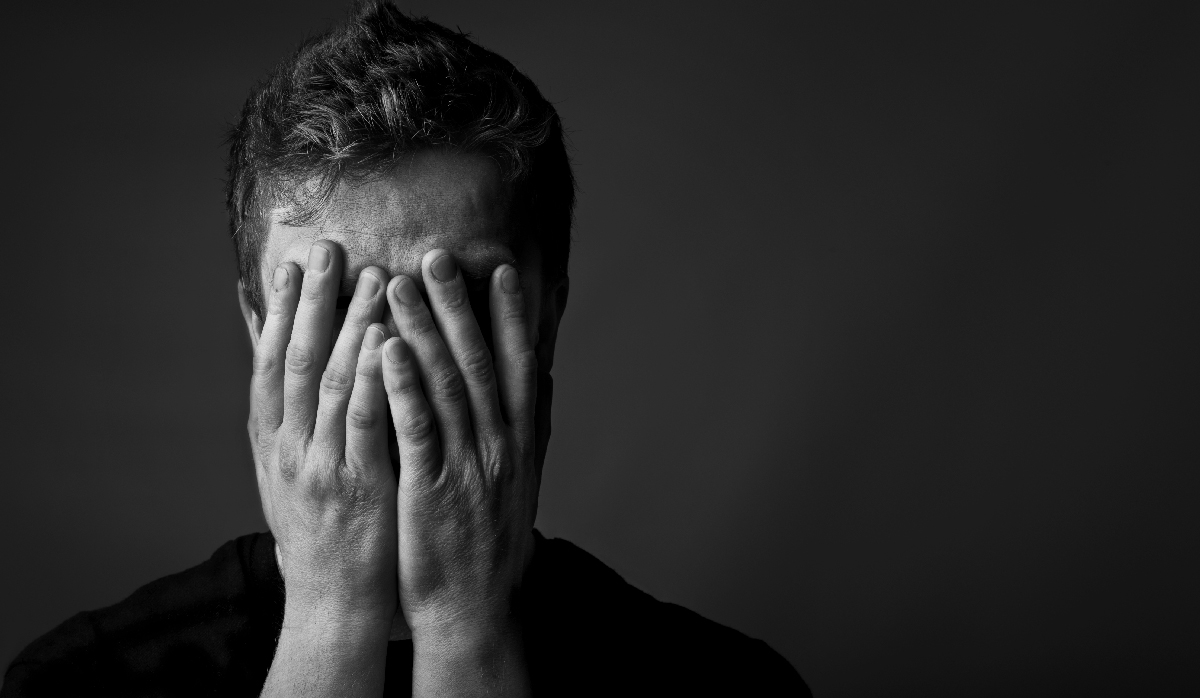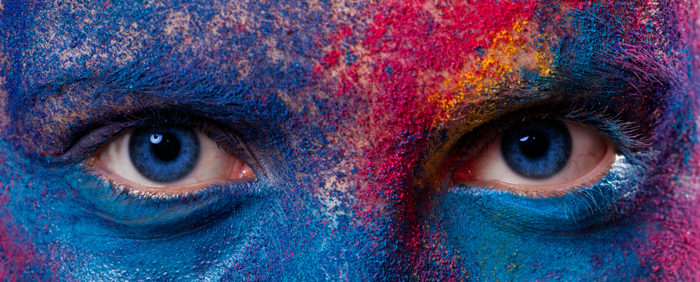A woman’s body and mind undergo a lot of changes during pregnancy and labor. A woman’s mental health can be greatly impacted after giving birth. In addition to hormonal changes, various factors may cause a woman to develop postpartum depression. As a center for mental health care in South Florida, we wanted to take a closer look at mental health after childbirth.
What Is Postpartum Depression?
Postpartum depression (PPD) is a mixture of emotional, physical, and behavioral changes that occurs in some women after they’ve given birth. PPD is a form of major depressive disorder and affects many women in the United States. Postpartum blues, a subtype of PPD, has been reported to occur in 15 to 85 percent of women within the first 10 days after giving birth, with symptoms peaking on the fifth day. A person with this condition may experience anxiety, mood swings, persistent sadness, and feelings of emptiness. Some mothers even feel confused about their feelings towards their child, making this an especially difficult disorder for families. A new mother will be diagnosed with PPD if she’s experiencing symptoms for over two weeks. Postpartum depression can last from a few weeks to a whole year. Fortunately, the right kind of treatment can help.
At Behavioral Health of the Palm Beaches, we offer a residential mental health program that offers patients private mental health care to help them recover.
Questions about our Programs?
Our admissions coordinators are available 24/7 to answer any questions you may have as you consider whether treatment at Banyan is right for you or your loved one.
Different Types of Postpartum Depression
There are three main types of PPD that are characterized by various changes in a woman’s mood and behavior following childbirth:
Baby Blues
The baby blues is the most common form of postpartum depression. In the days right after giving birth, women may experience sudden mood swings, feelings of anxiety, and inexplicable crying. The baby blues can last from a few hours to two weeks. If these symptoms continue to persist for longer than two weeks, then a mental health program may be necessary.
Postpartum Depression (PPD)
PPD can occur within a few days or a few months after giving birth. Postpartum depression can occur after the birth of any child, not just the first one. A woman with PPD may experience a more intense version of baby blues symptoms. This version of depression after childbirth can prevent the individual from completing their daily tasks. Symptoms can also keep a mother from caring for their child. At this level of PPD, mental health care is recommended.
Postpartum Psychosis
Postpartum psychosis refers to a serious mental illness that can occur in new mothers within three months after childbirth. Signs and symptoms of postpartum psychosis include losing touch with reality, hallucinations, insomnia, and strange feelings. Women who have postpartum psychosis tend to be more at risk of harming themselves and should receive care right away.
Signs and Symptoms of Postpartum Depression
Below are some signs of postpartum depression that may occur in women after giving birth:
- Difficulty sleeping
- Severe change in appetite
- Excessive fatigue
- Disinterest in the baby
- Persistent feelings of sadness or emptiness
- Thoughts of death or suicide
- Thoughts of hurting others
Obsessive behavior is also common among women with postpartum depression. These obsessive thoughts and behaviors are usually related to concerns about the baby’s health or fear of harming the baby. Women with PPD are usually saddened by their babies, making it difficult for them to enjoy time with them. If you’re one of these women, help is available. Our rehab center in Palm Beach offers a depression recovery treatment that can help you recover from PPD and enjoy your life to the fullest.
Get a Free Insurance Verification Today!
"*" indicates required fields
What Causes Postpartum Depression?
Postpartum depression causes may vary depending on the woman. Several factors can increase a woman’s risk of developing PPD, including:
- A history of depression in the family
- History of depression before or during pregnancy
- Age – the younger you are, the more at risk you are
- Feelings of uncertainty regarding the pregnancy
- Number of children you have – the more children you have, the more likely you are to develop depression
- Limited or no social support – partner is not involved, no supportive family members or friends
- Living alone
- Fluctuation in hormones
- Struggles with self-image or self-esteem
Helping someone with mental health problems can be challenging. Like most people who suffer from a form of major depressive disorder, support and mental health care are imperative to living a full and happy life. If you or someone you know is struggling with a mental illness, call us today at 561-220-3981 for more information about our facility.
Sources:
- NCBI – Postpartum depression
Related Reading:













